"NATO member states should rethink their failed Ukraine strategy, but most of them show no willingness to do so despite the lack of success seen over the past year and a half," said Hungarian Minister of Foreign Affairs and Trade Peter Szijjarto in Brussels on Tuesday.
Addressing a press conference during a break in a meeting of NATO foreign ministers, FM Szijjarto said several of his counterparts had emphasized the importance of continuing to support Ukraine, while some had even urged boosting support and stepping up NATO's involvement.
"I expressed the Hungarian position that we still consider and hope that the decision we made here more than a year ago is still valid, namely that everything must be done to prevent NATO becoming involved in the conflict and that everything must be done to avoid direct confrontation between NATO and Russia," he said.
"No proposals that went against this have been put forward so far, and the good news is that no one has taken the initiative today either to change or reconsider this decision," he added.
Hungary's foreign minister noted, at the same time, that there was still an atmosphere of war among NATO leaders, with the word ‘peace’ not having been uttered at all at the meeting, even though everyone should finally admit that there can be no solution on the battlefield because there are only casualties and destruction there.
Peter Szijjarto underlined that he and his Turkish counterpart had raised the question of whether NATO should reconsider its strategy in Ukraine given recent developments, arguing that the plans behind the substantial support provided so far had not yielded results.
"This plan was for Ukraine to defeat Russia on the battlefield, triggering political consequences in Russia. I think today everyone can see — though they may not admit it — that this plan has failed," he said.
The objectives and expectations associated with the Ukrainian counter-offensive have dissipated, as there has been no major progress, no breakthrough at all on the battlefield since its launch. This has been acknowledged by several people here, albeit quietly and timidly, but acknowledged nonetheless.
"The strategy obviously hasn't worked so far - that's clear - which is why it is worth considering whether a 'plan B' is needed, " he said, pointing out that he and his Turkish counterpart were the only two speaking about favoring a diplomatic settlement, others did not seem to be open to the idea.
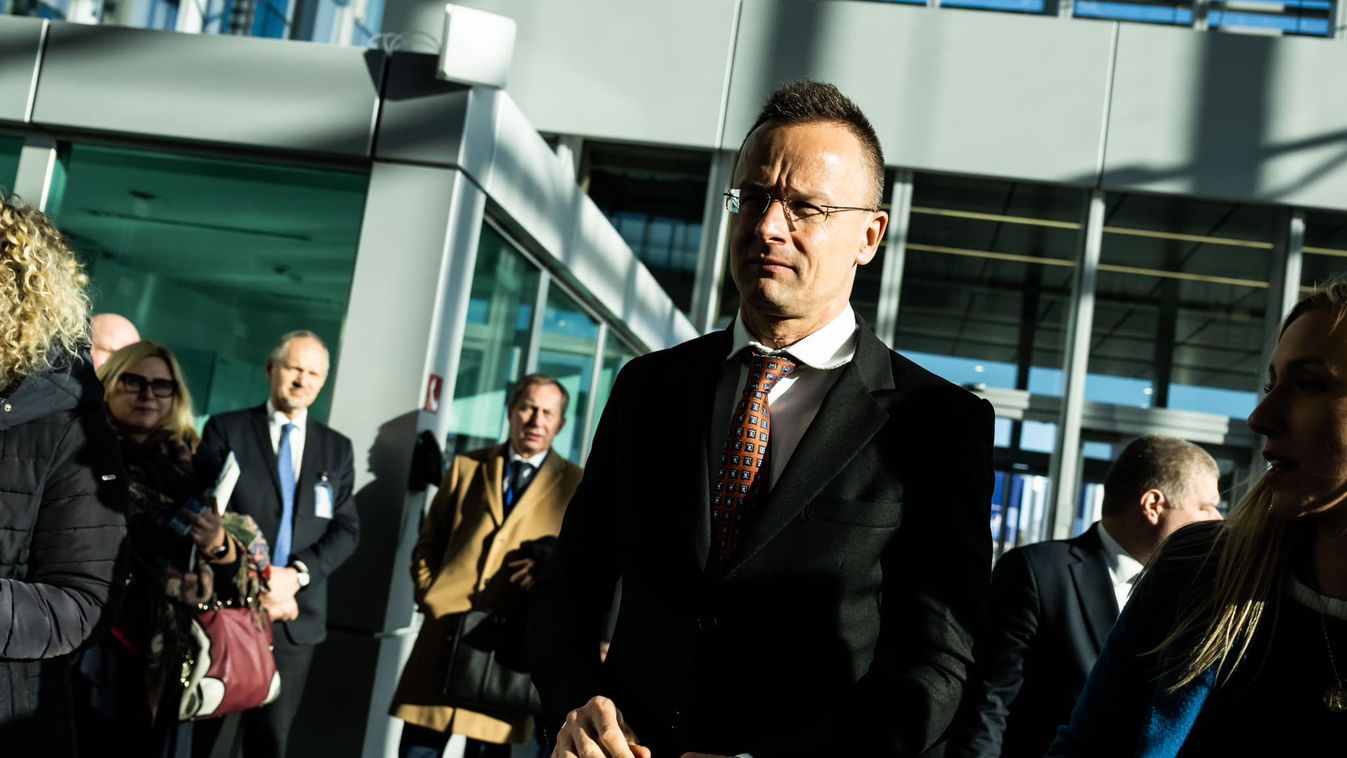

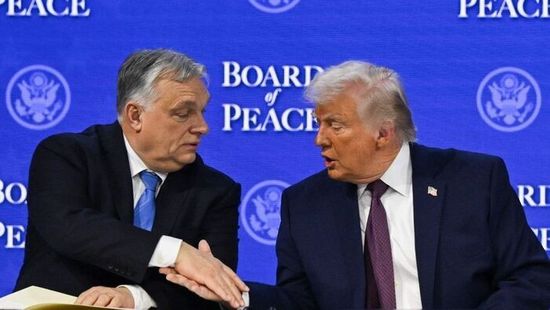
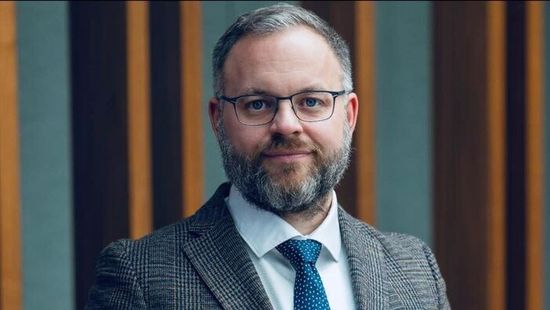
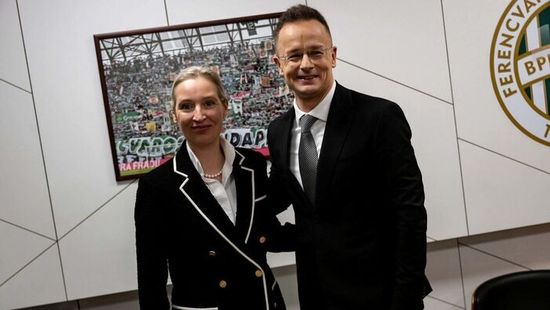




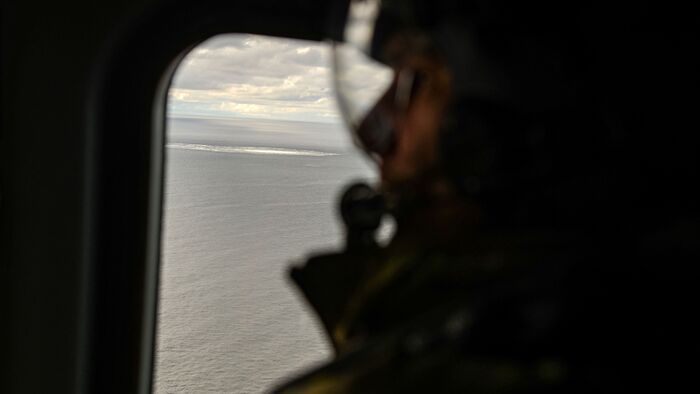

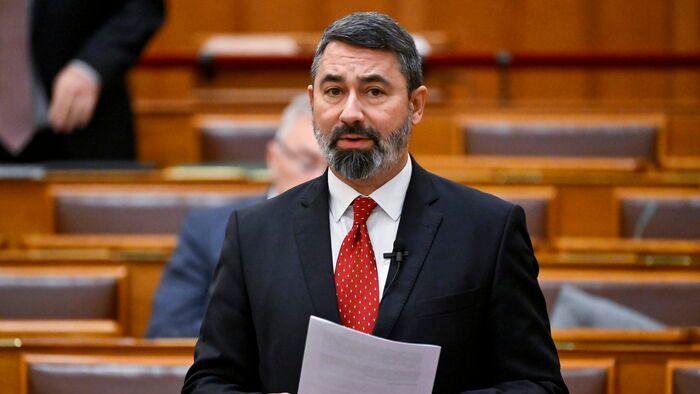


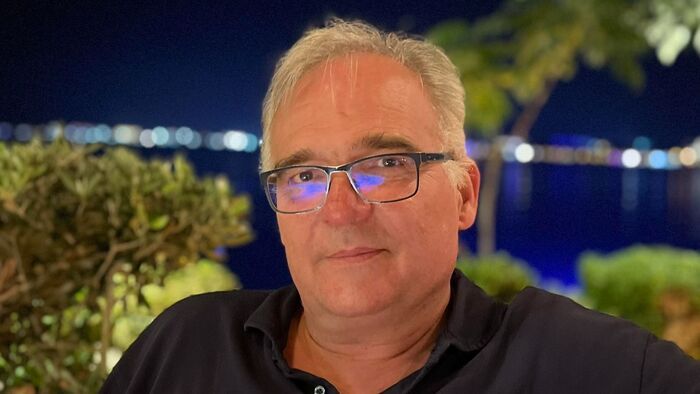
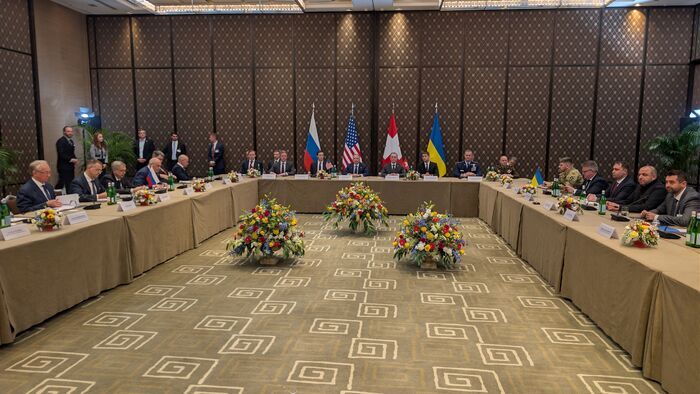
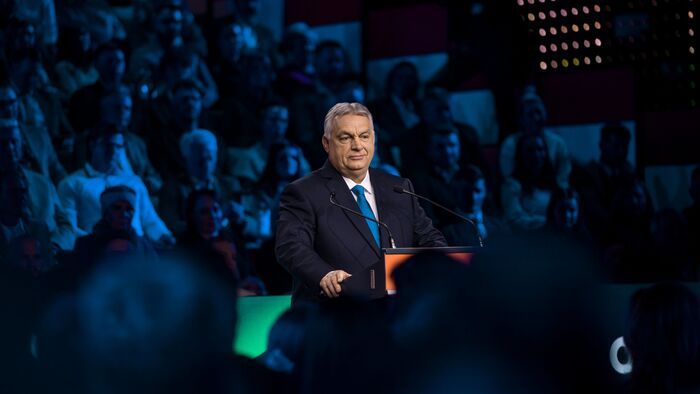






Szóljon hozzá!
Jelenleg csak a hozzászólások egy kis részét látja. Hozzászóláshoz és a további kommentek megtekintéséhez lépjen be, vagy regisztráljon!